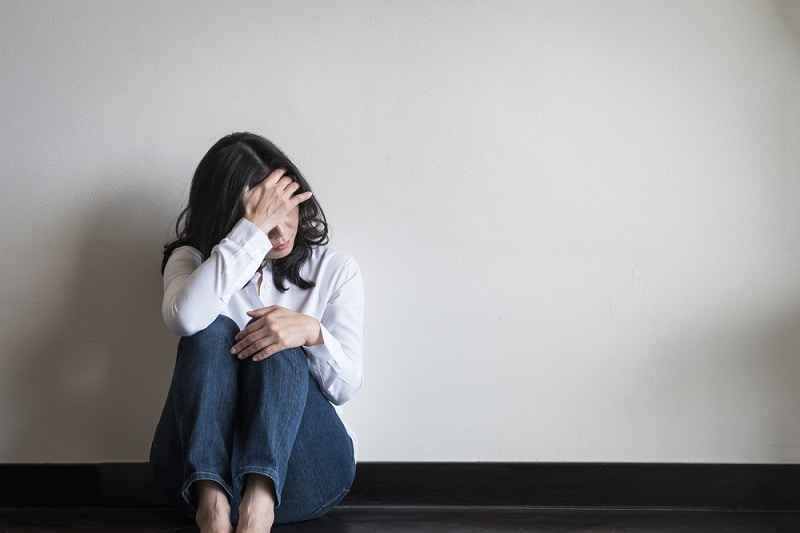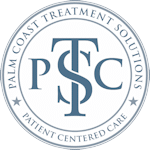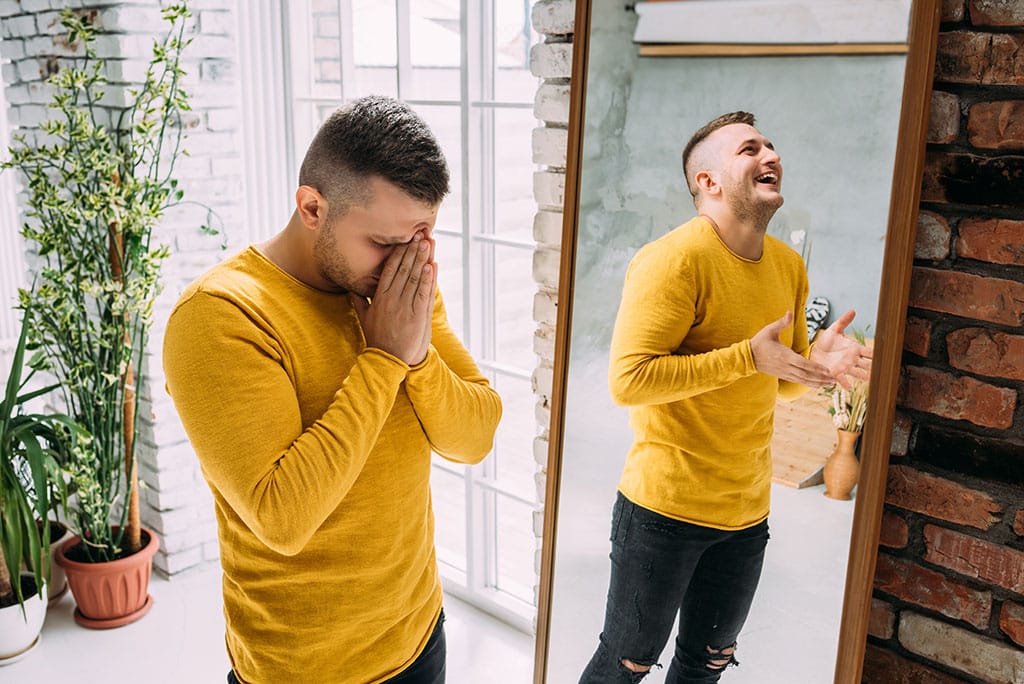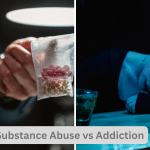Popular Post
Jump to Section
Most of us can remember a time when we acted impulsively and had to face the consequences. But what happens when impulsive action becomes excessive? For many people, impulsive conduct is a sign of an untreated mental health problem.
Everyone experiences isolated episodes of impulsive behavior. However, repeated and severe impulsive actions have negative consequences. Damaged relationships, arrest, and jail are all possible outcomes. Fights, promiscuity (especially with strangers), and prolonged drug or alcohol use are all examples of impulsive conduct.
Watching someone you care about harm themselves usually makes you feel powerless and concerned for their safety. So, what can you do to help someone who seems to be at the mercy of their impulses?
When is Treatment Required?
There are some similarities between pathological impulsive conduct and substance abuse problems. The most notable aspect is that the person experiencing them appears unable to modify his or her actions, even in the face of significant consequences. Impulsive conduct is a sign of several illnesses, including:

- Adult attention deficit hyperactivity disorder (ADHD).
- Borderline Personality Disorder
- Bipolar disorder.
- Substance use disorder.
Your child, daughter, nephew, or spouse with a mental condition can live a happy and healthy life. so you can. A professional diagnosis and the implementation of an appropriate treatment plan are excellent starting points. If you or someone you know exhibits these behaviors, it may be beneficial to focus on mental health treatment rather than the symptoms and behaviors. It is beneficial to focus on the answer and try to maintain a positive attitude.
Alcohol and Mental Health
Alcohol use should feature prominently in any discussion of dangerous impulsive behaviors. According to research, people are significantly more likely to engage in dangerous impulsive behavior after binge drinking. This is why barroom fights have become the subject of a common story.
It has been demonstrated that alcohol increases the incidence and severity of high-risk behaviors. It is not unusual for someone with an alcohol use problem to need mental health care. When drugs, alcohol, and mental health problems mix, life can become difficult. To properly identify the underlying mental health condition, it is ideal to remove drugs and alcohol.
Understanding Impulsivity and Mental Health
Impulsive behavior may emerge unexpectedly. People who behave impulsively are often as surprised by their actions as other people. But, the reality is that every behavior starts somewhere. Even if you don’t recognize the stimuli or thoughts that lead to impulsive action, there is a reason for it.
To successfully manage impulsivity, you must first learn to understand your triggers. Increasing awareness gives you the ability to fight impulsive thinking. Of course, this is always easier said than done. By definition, impulsive conduct is difficult to predict and avoid, but it is not impossible. Of course, this is much more possible with expert help.
Millions of individuals have learned to control impulsive behavior through mental health therapy.
Benefits of Mental Health Treatment for Impulsive Behavior
Mental health treatment can provide a variety of benefits for people struggling with impulsive behavior. Here are some of the key benefits:

Better self-control: Therapy can help you identify triggers that lead to impulsive actions and develop coping mechanisms to manage them more effectively.
Reduction in negative consequences: Impulsive behavior can often lead to negative consequences in various aspects of life, such as strained relationships, financial difficulties, or legal problems.
Improved emotional regulation: Many people who struggle with impulsivity also have difficulty managing their emotions.
Increased self-esteem: Impulsive behavior can often lead to feelings of shame, guilt, and low self-esteem.
Improves relationships: Impulsive behavior can damage relationships with family, friends, and romantic partners. Therapy can help you learn how to communicate more effectively, build trust, and resolve conflict in healthy ways. This can make relationships stronger and more satisfying.
Lower risk of co-occurring disorders: Impulsive behavior is often associated with other mental health conditions such as ADHD, anxiety, or depression.
Medication management: In some cases, medication may help manage impulsivity, especially if it is associated with a diagnosed mental health condition.
Here are some additional benefits of receiving mental health treatment for impulsive behavior:
- Increase motivation and productivity
- improve physical health
- Reduction in stress and anxiety
- A Better sense of purpose and fulfillment
If you’re struggling with impulsive behavior, it’s important to remember that you’re not alone. Many people experience this problem and effective help is available. Feel free to call us at (386) 284-4151 or visit Palm Coast Treatment Solutions, FL today.
Contact Us
CALL US NOW
Palm Coast Treatment Centers will iron out the details for you in a manner that will make you confident in your path to sobriety. That first simple call is your ticket to making Palm Coast Treatment Centers your solution for addiction. Get the freedom from addiction that you deserve today.
Call Us Now: (386) 284-4151Updated News
LATEST POSTS
Palm Coast Recovery Solutions makes numerous media outlets available to encourage you in your recovery process. Digital media literature is approved by a licensed professional and intended to guide you in your recovery path.

Years of experience
Our leadership team has extensive experience in dual-diagnosis treatment and is ready to help those who are struggling with substance use and mental health.

Specialists
Our staff consists of many licensed addiction and mental health treatment facilitators and other staff who are ready to share their experience and their success.

Happy patients
Palm Coast Treatment Centers has helped over 2,000 people who have struggled with substance use and mental health to find road to recovery.
Contact Us
GET IN TOUCH
Reaching out to Palm Coast Treatment Centers may be the most important call of your recovery process. A caring professional is waiting for your call to be your guide to addiction-free living.
Need Help? Contact Us
Areas and Cities We Serve SUD & Mental Health Treatments in Florida
OviedoOrlandoDelandJacksonvillePort St. LucieTampaAltamonte SpringsKissimmeeSt CloudWinter GardenWinter ParkClermontMelbourneSanfordDeltonaLake MaryMount DoraLeesburgThe VillagesUnion ParkSt. AugustineDupontPort OrangeOrmond BeachHolly HillDaytona BeachEdgewaterOak HillMaytownEldoraGenevaTitusvilleChristmasPort St. JohnPort CanaveralCocoa BeachOsteenSatellite BeachPalm BayRoselandSebastianFellsmereGiffordRockledge
 info@shc.health
info@shc.health 









